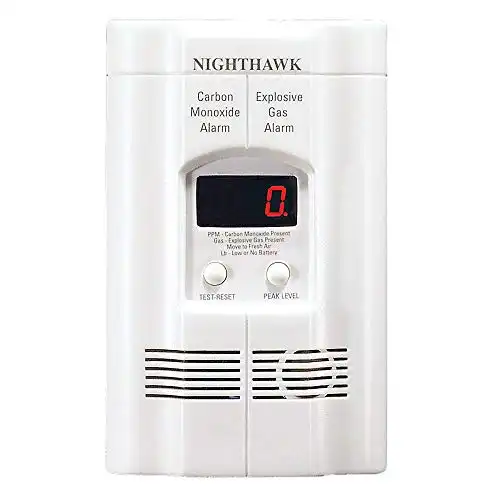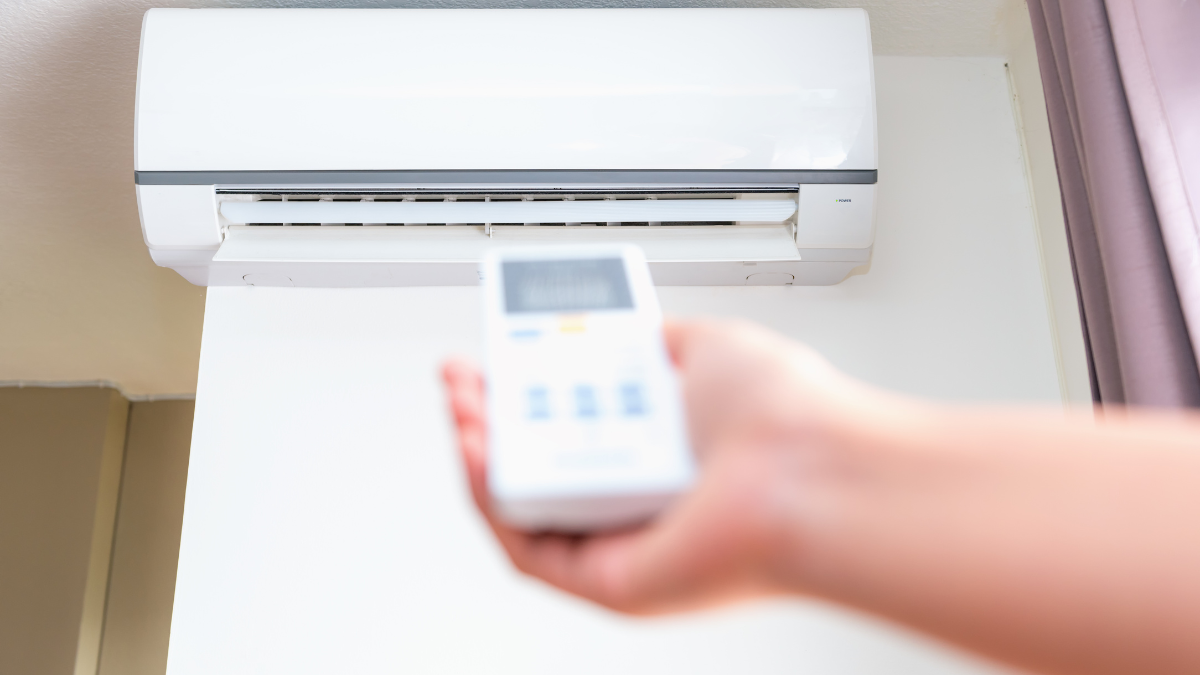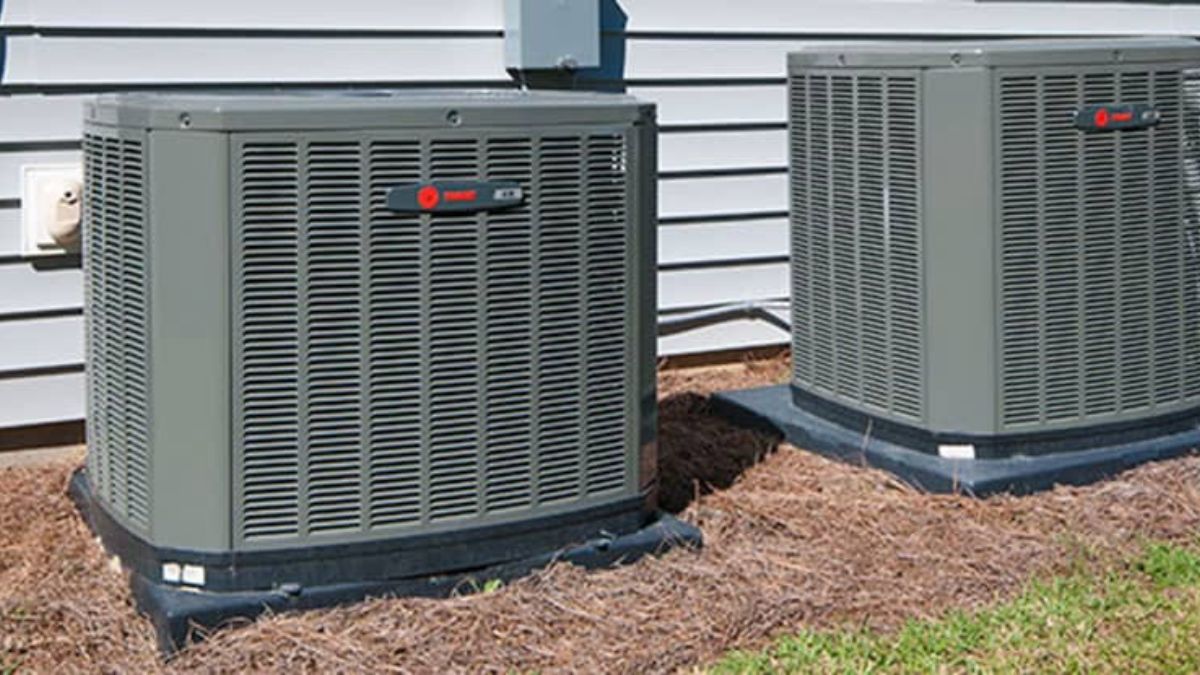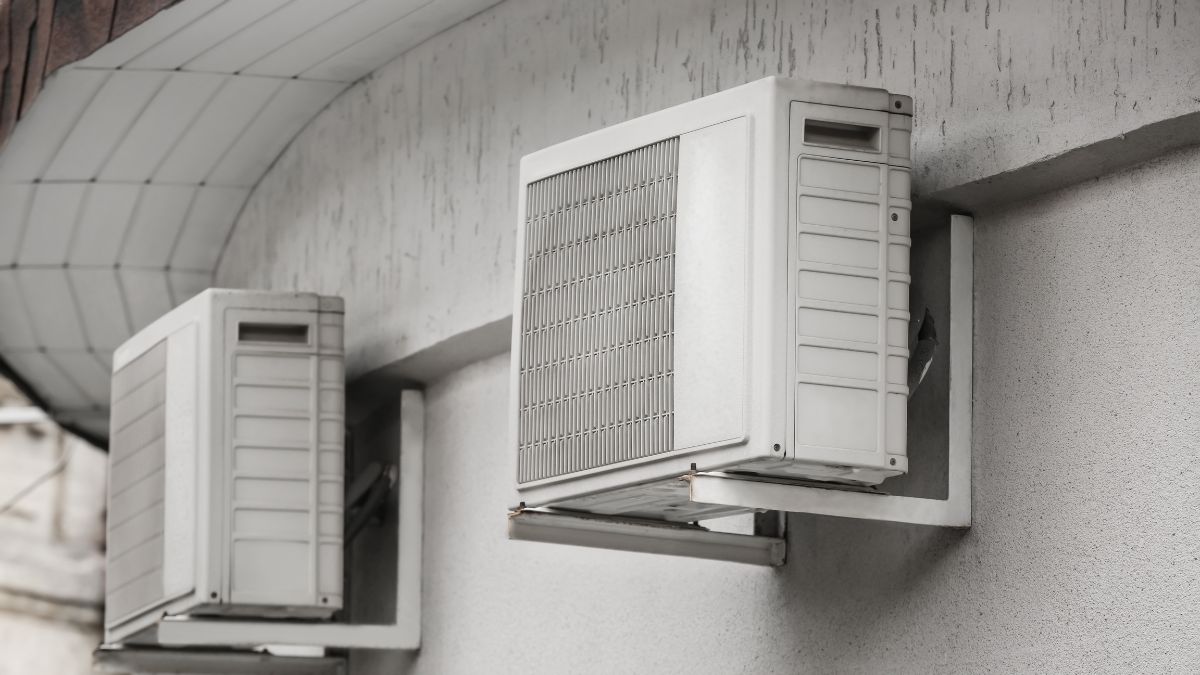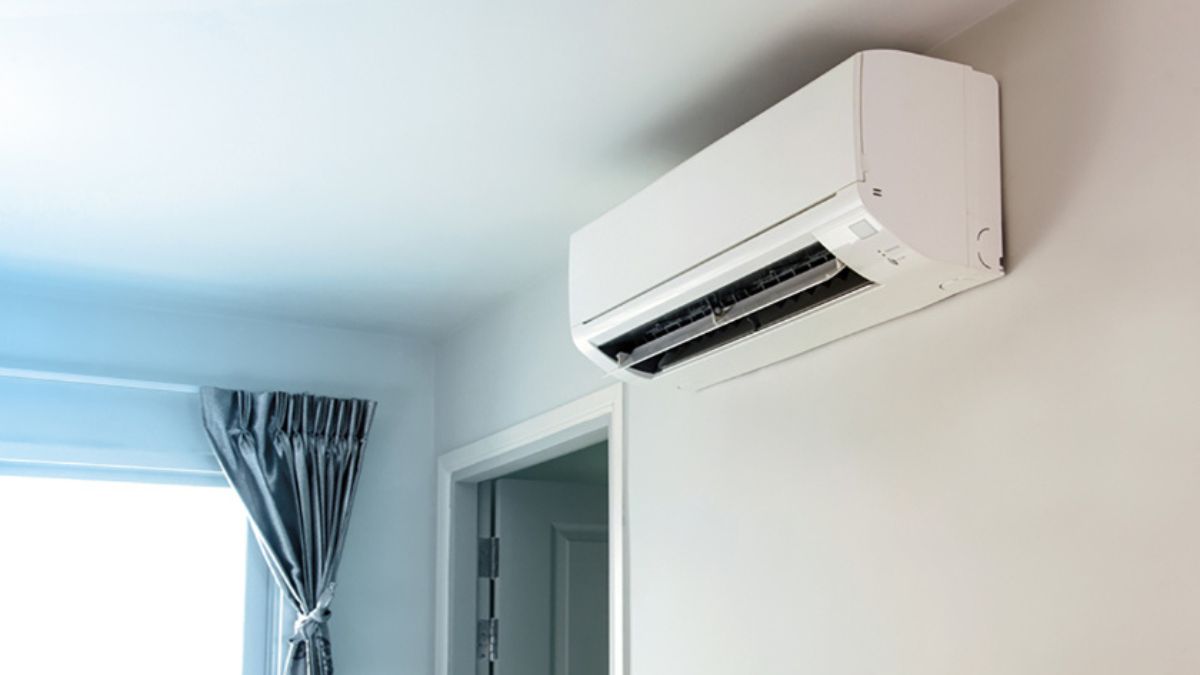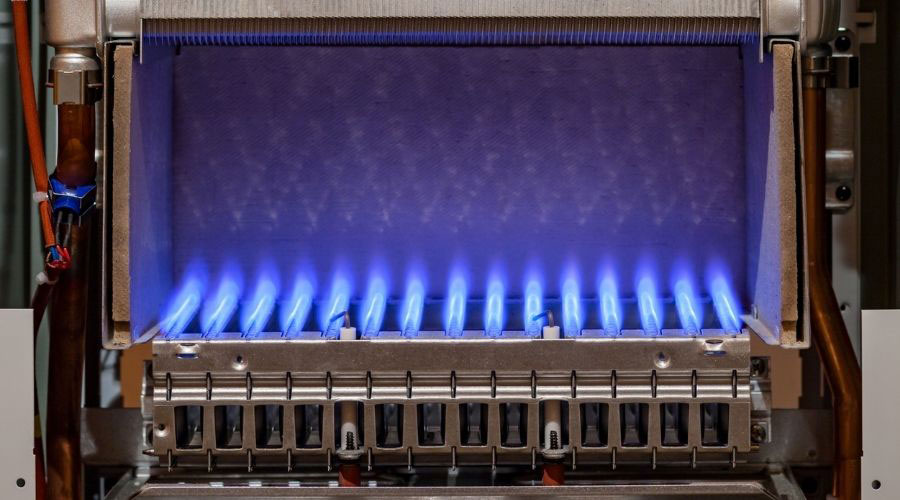
When you want to work on your car, make the garage a hangout spot for your children, or even sit on the back porch enjoying the snow falling in the 20-degree winter weather. You might be looking to invest in an indoor propane heater, especially since it is a better choice for the environment and the economy.
If this is the case, you may have been wondering whether indoor propane heaters smell or not? Well, we are about to find this information out.
Overall, indoor propane heaters do not smell, even more so when you have a high-quality heater, which should leave no odor.
However, there are certain times when homeowners may smell a robust skunk-like odor coming off of their radiator. This is called Ethyl Mercaptan, a clear liquid added to the heater to help detect gas leaks.
But since the size of a propane heater is relatively small, there should be no worries about propane gas, which is a huge relief!
There are many things to go over, such as why your propane heater stinks and the direct causes. We will go through what to do if you smell propane or carbon monoxide poisoning symptoms within your home. It is crucial to remain safe in your home, always.
Why Does My Propane Heater Stink?
When using a propane heater, it is essential to know all the details before usage. For instance, when your propane radiator starts to give off that nasty smell, this is due to the Ethyl Mercaptan, which is not a gas, but a chemical odorant.
Going more into detail, it is either a yellow or colorless gas or liquid with a nasty odor, like a rotten egg or garlic smell.
Ethyl Mercaptan is used to help determine if there is a gas leakage or not and is in propane, butane, and petroleum objects. Overall, it is good if you smell this every once in a while.
There could possibly be other reasons your propane heater is giving off an odor. These things should be noted in case of emergencies and safety.
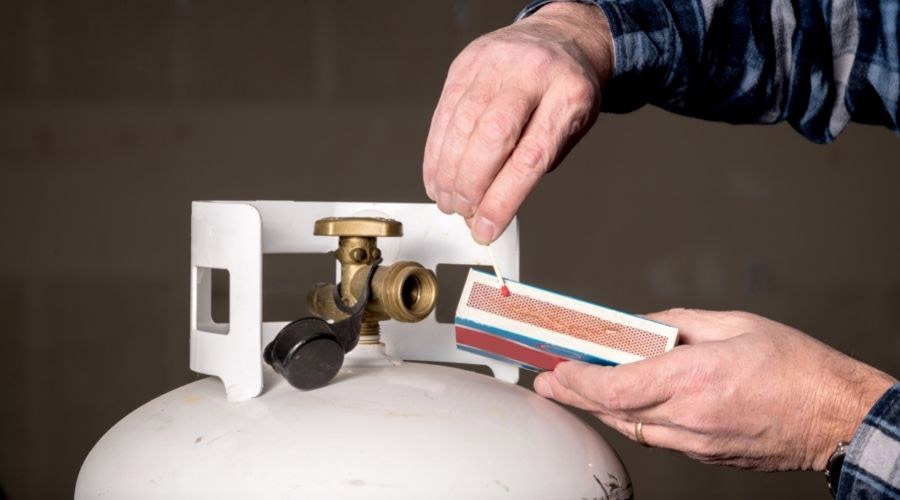
1. Propane Gas Leakage
As soon as you smell some gassy odor, it is imperative to immediately shut the gas supply off and contact someone to come out right away. This ensures you know without a doubt that a gas leak or other hazardous issue has not happened.
Because propane can potentially cause an explosion, ensure you stay away from the direct source of leakage before calling anybody to come out. Regardless of where you live, make sure every single person and animal is out of the house.
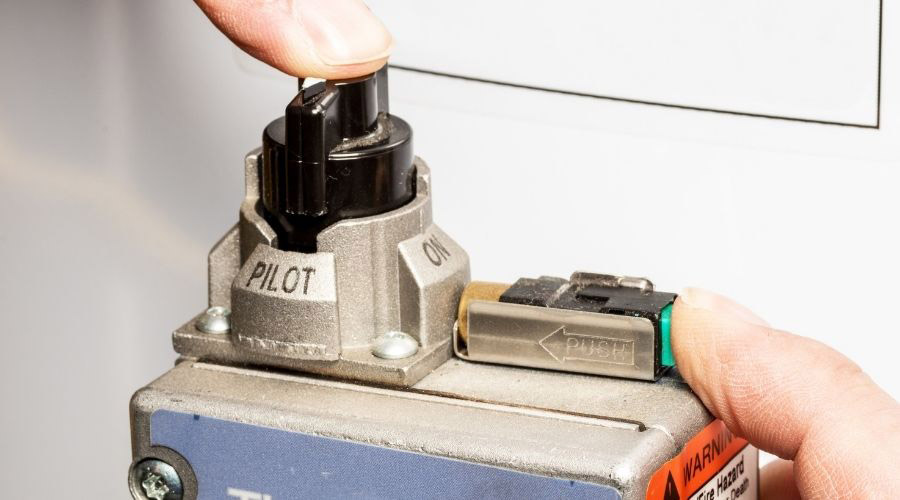
2. Pilot Lights
A pilot light is where the flame stays lit the entire time. If it goes out on a propane heater, it could mean a few things, causing the radiator to become dangerous due to the gasses being emitted into the air:
- Gas escapes into the air
- It accumulates
- When the flame is extinguished
If the pilot light is going out more often than not, it is time to call a professional and get them involved, but since propane gas is added to the heater itself, it should warn you if there is a gas odor.
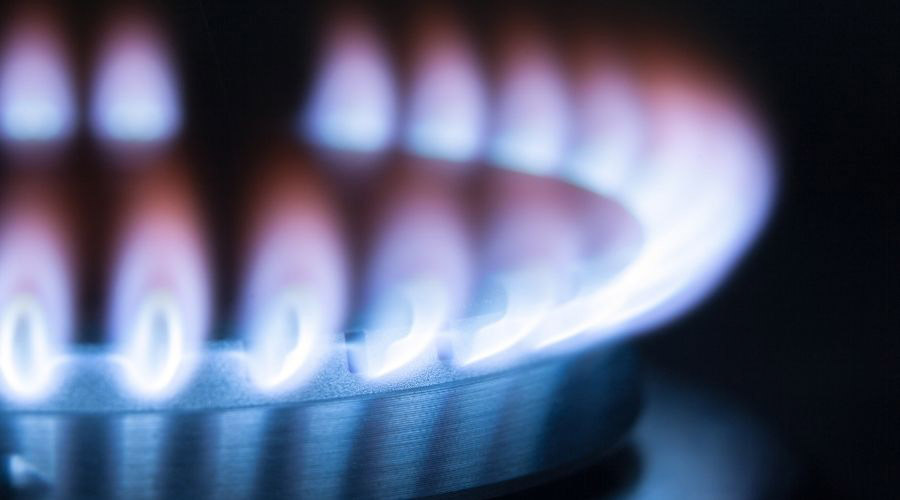
3. Low Gas Supply
Just like a gas tank in your car, do not allow the gas supply of your small heater to become so low that it exhausts itself. This can cause a tremendous explosion, which is not good.
If you smell a gas odor while using your propane heater or any other gas appliance, turn it and the gas tank valve off immediately.
Afterward, you will want to contact the gas supplier to see what needs to be done and a trained professional before using it again.
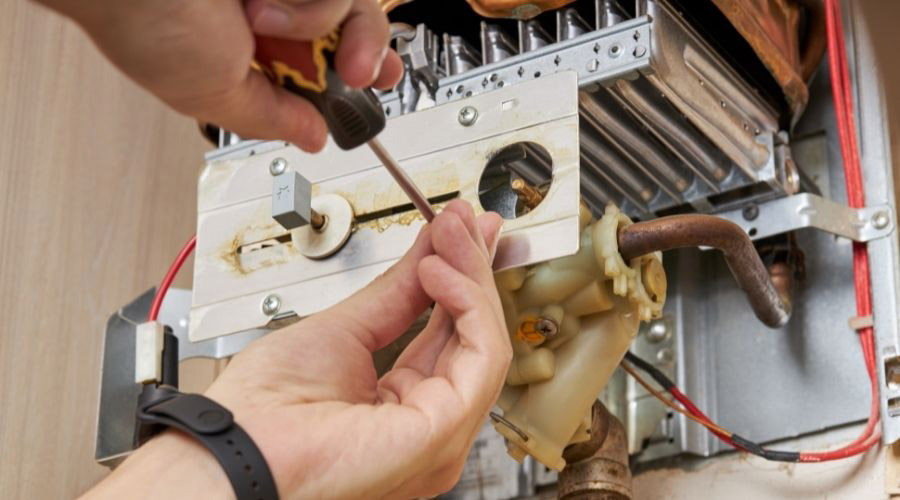
4. Propane Heater Maintenance
Ensuring you are always keeping your heater clean to keep the air circulating. This ensures the radiator runs both safely and correctly.
However, you smell something funky if it somehow managed to be pushed or knocked over. It could very well be that the safety devices, fittings, or regulators became loose and are not working correctly due to any damage that might have occurred.
If this is the case, contact someone qualified to inspect and repair it before using it again.
Do Propane Heaters Give Off Fumes?
First and foremost, a fume is a gas, vapor, or smoke hazardous to inhale. Innately, propane releases carbon monoxide into the air as it burns, which can harm your overall health.
Nevertheless, as we learned before since propane heaters are so small, they should not be a concern. Just make sure you do not use the heater all day.
Are Fumes From Propane Heaters Dangerous?
If a propane heater has not been adequately ventilated, it will use all of the room’s oxygen. In return, this continues to burn the propane fuel and replaces it with carbon monoxide.
To avoid any dangers in your home regarding gas, get a carbon monoxide detector. You can place the sensor roughly 5 feet above the floor or ceiling, but it should never be right next to or on a flame-producing product or fireplace.
Many homeowners prefer to put their detectors in the middle of the hallway. One or two should suffice for the minimum requirements.
So how can you tell if you have carbon monoxide within your home, you may ask? There are quite a few ways to know this information, and it is through symptoms within your body.
- Tension-type of headache
- Stomach pain
- Difficulty breathing or shortness of breath
- Dizziness or feeling fatigued all of the sudden
- Confusion
Can You Get Sick From A Propane Heater?
If there are high carbon monoxide levels in the air, it could be detrimental to your health. Suppose you are experiencing any of the symptoms mentioned above or know that the portable propane heater is not working correctly. In that case, it is essential to get fresh air immediately.
Will Propane Fumes Kill You?
In everything you do, always use caution. Although many of these indoor propane heaters are designed to be relatively safe for you. However, there is still a chance that a build-up in the gas can be deadly if inhaled. This is called hypoxia, a deficiency in oxygen reaching the tissues.
Related Questions:
1. Is Propane Safe To Use Indoors?
When being used the proper way, indoor propane heaters are safe to use. However, there are a few key points we need to go over to help better understand how to use them:
- Always read the instruction manual beforehand. You can do all the research in the world, but by and large, the instructions that come with your heater should tell you what do’s and don’ts are.
Since not all propane heaters are the same, each brand may have differences between them that the others don’t. Plus, manufacturers are always changing things to ensure your and your family’s safety.
- Do not bring an outdoor propane heater inside. This is only for outdoors, so do not get them in a closed space, such as homes, rooms, campers, garages, tents, etc. Brought in any of these spaces can increase the chances of carbon monoxide and other health issues.
- Never keep a propane heater on all night or unattended. Always shut it off if you have to leave the room, even for a few minutes.
- Place an indoor propane heater near a window or air vent to eliminate gas build-up. Overall, it must be well-ventilated.
2. What Should You Do If You Smell Propane In Your House?
First and foremost, it is imperative to say that if someone within your home does not have a great sense of smell, get a propane gas detector for extra caution.
However, you can do quite a few things if you smell propane within your home. Let us go over the options, shall we?
- Maintain a safe distance and quickly exit the home or wherever the leakage is. Ensure you get everyone out of the building and do not return to your home until it is deemed safe by experts.
- Shut off your gas entirely, then shut the main gas supply on the propane tank. To turn it off properly, rotate the valve clockwise.
- Make sure you report the leak and call 911 from a safe distance within your home.
- Put out open flames and smoking substances since sparks from these objects can catch on fire.
- Check your system out.
Conclusion
To sum everything up, propane heaters do not necessarily stink, and if you do wind up getting a whiff of anything, know that it is for your safety, as the stench is coming from a clear liquid used to detect gas leaks.
Overall, propane heaters are incredibly safe to use correctly, so always follow any specific instructions from the manual itself.


